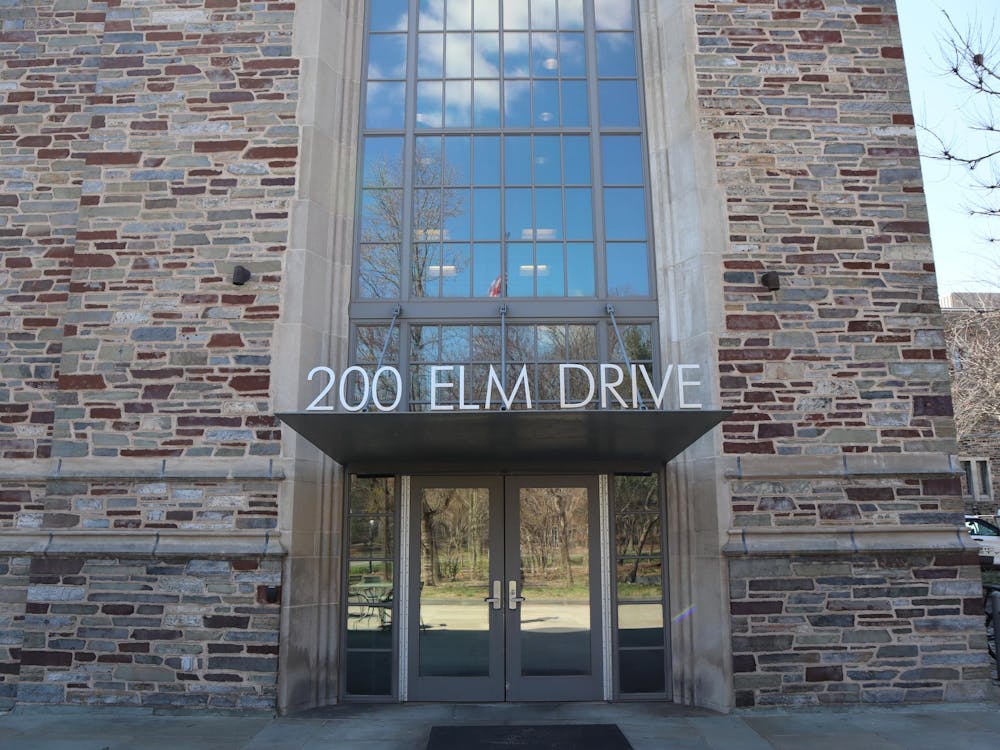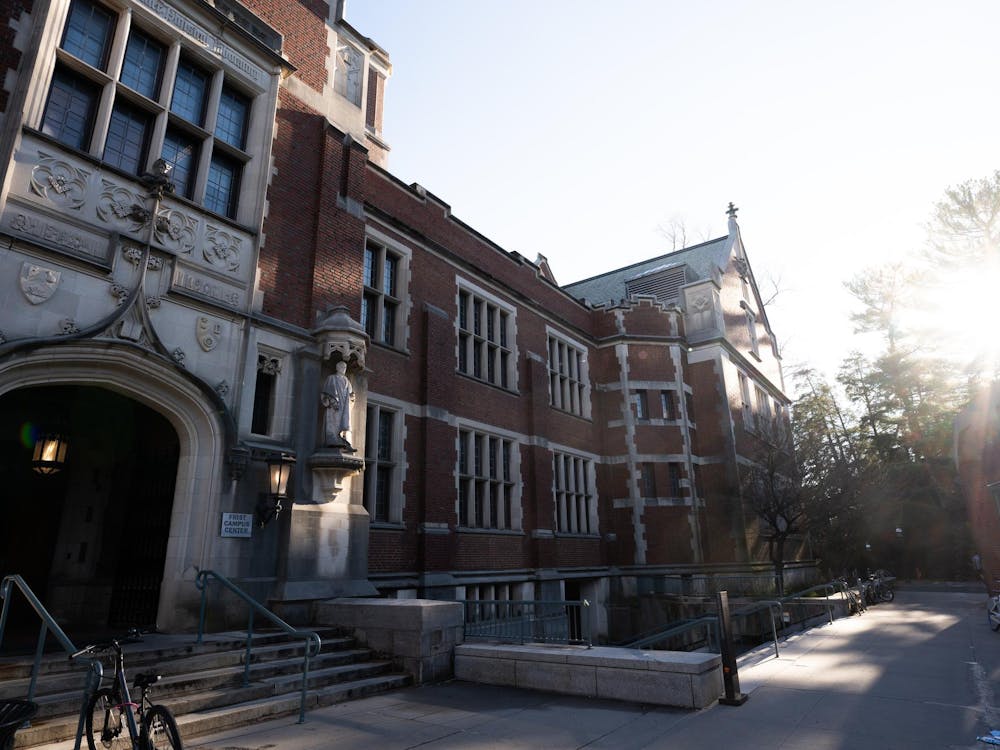University history professor Jan Tomasz Gross may lose his Order of Merit medal awarded by the Republic of Poland for claiming Polish complicity in Nazi war crimes, according to Ma?gorzata Sadurska, a member of the Polish presidential staff.
The Order of Merit of the Republic of Poland, created in 1974, is a Polish honor awarded to those who have rendered great service to the Polish nation.
Gross received the award in 1996 for his books on Poland under the German and Soviet occupations and his contribution to the struggle for democracy in Poland, according to historian Dariusz Stola, director of the POLIN Museum of the History of Polish Jews.
Gross’ Order of Merit was brought into question after he wrote an op-ed piece for the German newspaper Die Welt in September 2015 claiming that Poles killed more Jews than the Poles killed Germans during World War II. His op-ed attempted to explain why the European Union is averse to accepting refugees, noting that EU member nations benefit financially from their membership but “are unwilling to contribute anything to resolve the greatest refugee crisis facing Europe since World War II.”
Gross, currently on sabbatical, said he was never contacted by the Polish government or the president’s office concerning the possible stripping of his Order of Merit.
“I was really surprised,” Gross said. “It’s very sad and worrisome. I always had very bad relations with the right-wing xenophobic Poles so it didn’t surprise me when they started writing these terrible things in the media, but the fact that the presidential office would actually pick it up was a disappointment.”
Gross said that the regime is trying “to put on the books a law that will penalize all those who write about the complicity of the Poles with the Nazi regime or the Soviet Regime.” Gross added that there is another impeding law that aims to criminalize maligning or insulting the Polish nation publicly.
“Their attempt to take away my medal is nothing compared to what they are taking away from the Polish people,” Gross said.
Polish President Andrzej Duda’s office did not respond to requests for comment.
Academics, scholars and intellectuals in Poland and around the world have signed letters of support for Gross, according to Gross.
History department chair William Chester Jordan GS ’73 said that he thinks of Gross as one of the finest historians of his generation.
“He works in a field which is one of the most contentious – in present day historiography – and very few historians in the department work in that area,” Jordan said.

He added that it is the historian’s job to tell the truth as he or she sees it, and has learned to expect misplaced emotional reactions to Gross’ work from people.
According to Jordan, many University faculty members have written to the Polish Government in support of Gross. Jordan said he is keeping colleagues and senior staff and University administrators updated about the issue.
“People will write me that he’s offended people by his work and I should fire him, but my impression of Jan is he is a man of enormous experience and extraordinary decency,” Jordan said.
University of Ottawa history professor Jan Grabowski said that Gross is a symbol of critical independent thought.
“He has been trailblazing in terms of researching Polish-Jewish history and more specifically the darker parts of the story,” Grabowski said.
He added that it is difficult to understand the explosive nature of the Polish-Jewish history – that segments in Polish society were complicit in the extermination of Polish Jews.
“His 2001 book opened the door,” Grabowski said. “He dared to say which many historians knew but didn’t dare to say so his role in Polish public debate is actually fundamental.”
Gross’ 2001 book, Neighbors: The Destruction of the Jewish Community in Jedwabne, Poland, chronicles the extermination of a large Polish Jewish community by Poles during Nazi occupation in 1941. The book generated controversy due to its assertion that the non-Jewish Polish civilians perpetrated the crimes to the Jedwabne Jews.
“The debate following the publication of Neighbors was the greatest and the most intensive historical debate in Poland ever,” Stola said.
Grabowski described Gross’s book as something that sparked intense debates that divided and transformed the nation.
“His role was absolutely fundamental and that’s why he’s so [disliked] by his enemies because they’re so about national pride,” Grabowski said, adding that those who object to Gross’s works didn’t want to reconcile with the past.
Stola expressed that he is surprised to see the Polish government seriously considering stripping Gross of the Order.
According to the Guardian, Duda’s office has received more than 2,000 letters calling for Gross to be stripped of his title. The president’s office has subsequently begun the procedure by requesting opinion from the minister of foreign affairs.
“We don’t have the best government in history, but this is exceedingly silly and harmful and counterproductive,” Stola added, “Some people don’t understand that scholars disagree to develop scholarship.”
“I hope that the Polish government will think better of what it’s doing,” Jordan said. “It strikes me as peculiar that something people disagree with gets ex post facto effect on an award given in 1996.”.
Although the Polish government was elected democratically, as soon as they assumed power, they began dismantling the control mechanisms of democracy and gained control over the functioning of the tribunal through “quasi-legal means," according to Grabowski.
“This is very dangerous, nothing like this has happened in Polish government since 1989 when the government became independent,” Grabowski said.
Gross said he was not worried that other professors might face similar criticism for showing open support of him because there are too many of them – even in Poland. Grabowski, however, said he was worried about the Polish scholars and academics who support Gross as it may become more risky to practice their scholarship.
“It’s making an atmosphere that is not conducive for the free debate of historians,” Stola said. “Younger scholars may be afraid of taking some topics.”
Gross said he will continue to do the research and work that brought his Order of Merit into question.
“It’s the only thing I know how to do,” he said. “It’s hard to stop walking when you already know how to walk.”
Due to a reporting error, an earlier version of this article misstated the content of Gross' 2015 op-ed article. The 'Prince' regrets the error.








